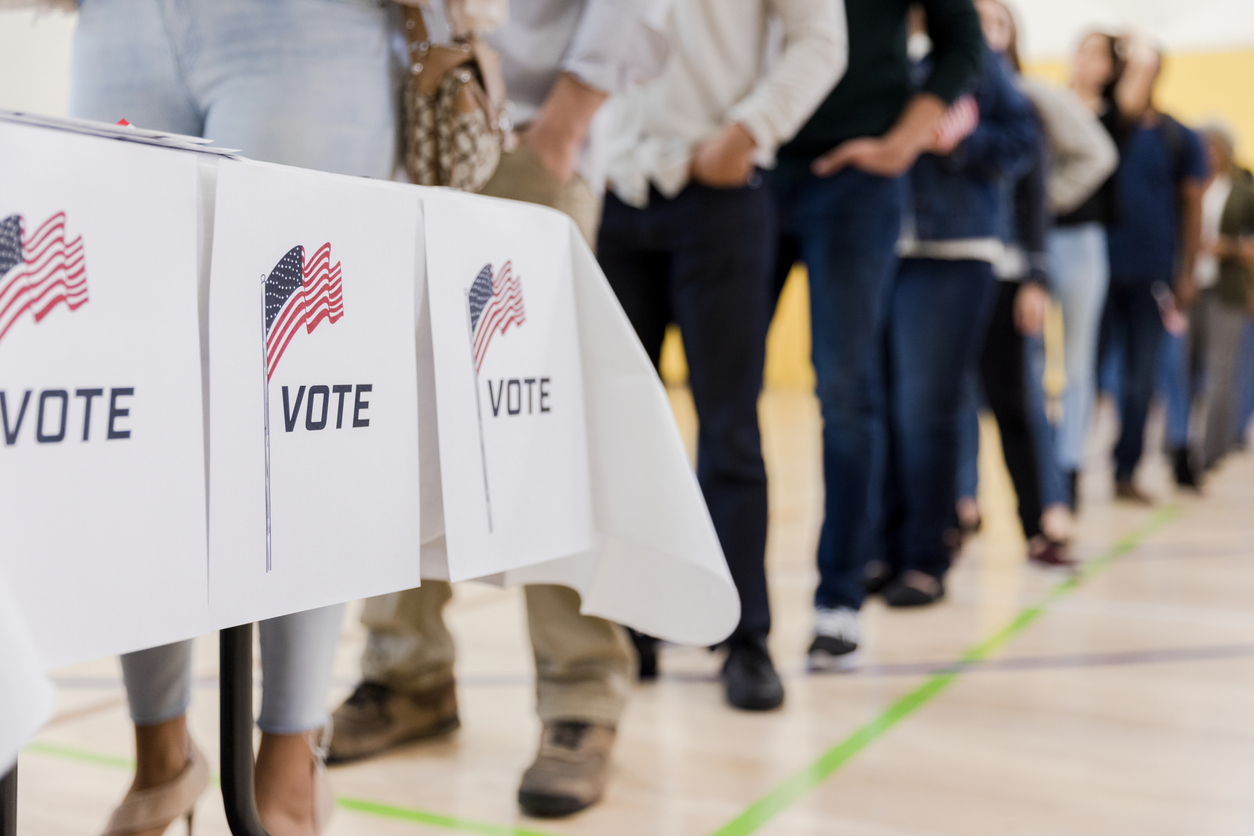Election Season Media Interviews: Pro Tips
As campaign season heats up, journalists in legal and business media are looking for informed perspectives on what’s at stake. These interviews can be a great way to demonstrate thought leadership, but they’re also fraught with the possibility of alienating potential clients. How can you navigate media opportunities that will promote your practice without causing offense?
Know who you’re talking to and why.
If you haven’t heard of — or don’t trust — a particular news outlet, odds are your clients won’t either. Before speaking to a reporter, make sure you know exactly who they are and where they’re from. Take a moment to review what they’ve published and produced recently. Your marketing team can also provide insight on which outlets are well established and respected in particular markets. Accept interview requests from only the most credible and unbiased media.
Stick to facts rather than opinions.
There’s a fine line between analysis and speculation. In this environment, many reporters and producers are asking questions like, “How would a Harris presidency impact X industry?” or “What would a second Trump administration mean for X practice?” While it’s tempting to answer directly, the wiser approach is to stick with historical facts rather than forward-looking guesses. Speak to what the candidates have already said, done or proposed and then, if asked for your own analysis, offer conditional statements, such as, “If Candidate X implements that policy, its likely outcome is Y.” Use neutral language and avoid sweeping conclusions about whether a particular outcome is good or bad.
Cite concrete examples and sources.
A lot of election coverage features “hot take” punditry and pithy sound bytes, but, over the long term, it’s better for the firm and for individual attorneys to focus on offering high-quality content than generating short-term buzz. Prepare for media interviews by gathering information to back up any analysis you might offer. For example, if you’re going to opine on what the regulatory environment for a particular industry might be, be ready to provide specific enforcement data from the last two
presidential administrations.
Avoid making predictions.
Being quoted in a key outlet creates the possibility that your name will get in front of the people you want to reach. We also work to extend the value of these placements by sharing links on social media, adding them to your bio and, as appropriate, including them in RFPs and client newsletters. Analysis and insights that stand the test of time can be used again and again to demonstrate your standing. On the other hand, predictions, whether they’re about who’ll win in November or what kind of legislation is going to go into effect, often lack this substantive longevity. When investing time in talking to a reporter, consider how your comments might sound a year from now and proceed accordingly.
More questions? We’d love to help prepare your team for the challenges of election season. Get in touch.

